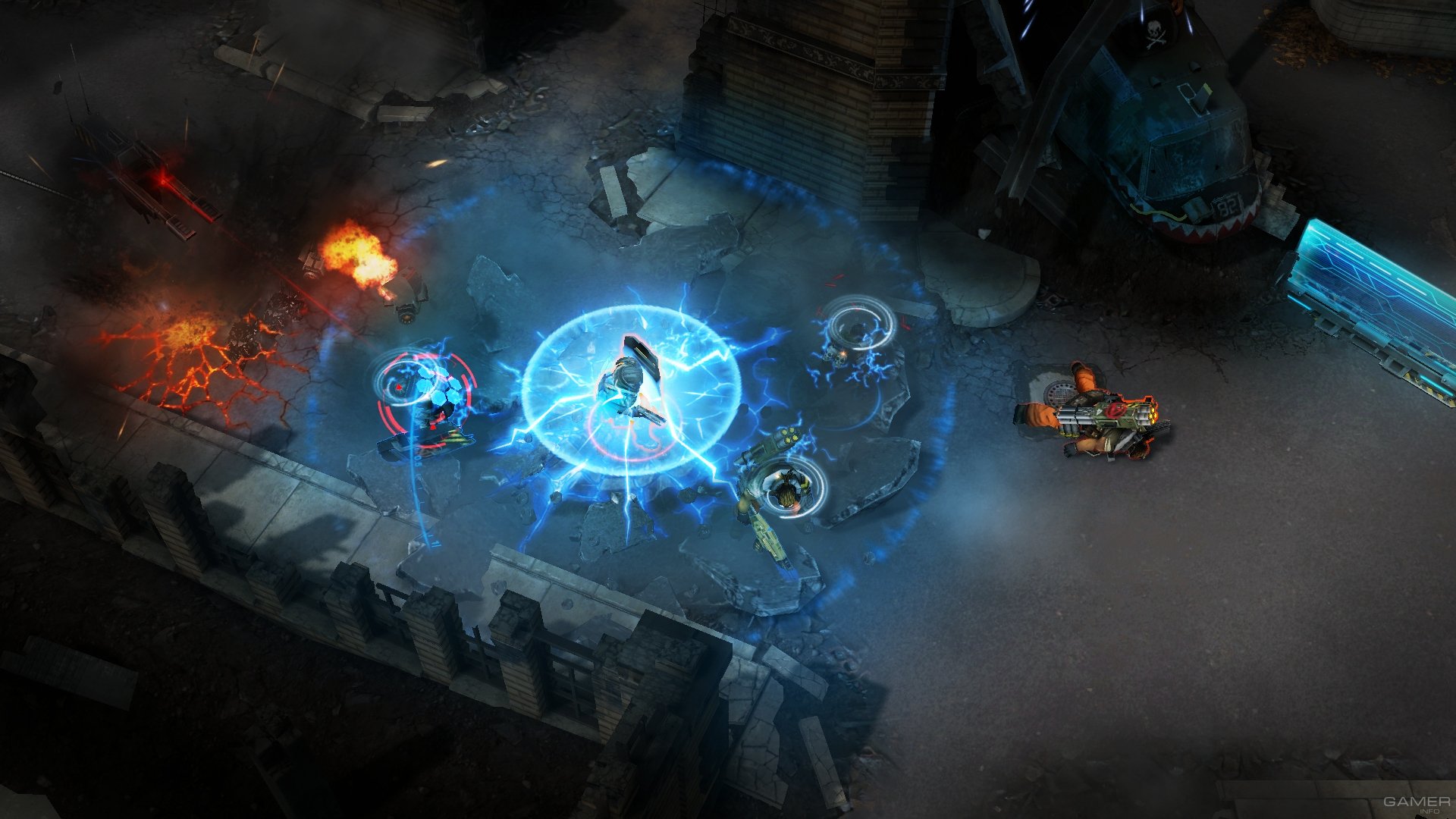

The music, when it came, was not so much underground as underwater, recalling his early experimenta tion on Ambient Works I and II rather than the more frantic assaults for which he is more well known.

It made for an interesting variation on the regular gig-going experience, as we wandered about in the semi- darkness, or sat neath exotic palms, wondering, for the first 10 minutes, if the soft babble of conversation we heard on our headphones was simply a treated reproduction of the actual babble of conversation going on around us. Invisible amid the foliage, his stream-of-consciousness meanderings were beamed down to the assembled audience via electronic headsets which we each donned at the door. Jams, he held court in the Barbican conservatory amid rare plants and gurgling fountains. Later that same night, some much needed light relief was provided by Richard James aka Aphex Twin. I wanted to say, so what? If the end result is so mind-numbingly banal as this, so bloody what? As I left, utterly defeated, the clanking sound I heard was, I fantasised, the dustbin of history closing firmly on Stockhausen's early experiments in the banality of sound. Having sat in the darkened auditorium with their eyes closed for the duration, as instructed by Professor Stockhausen, the audience applauded reverently as the composer appeared onstage yet again to introduce another early work painstakingly created by the splicing and sticking together of endless taped interludes. Nothing to catch hold of, nor even surrender to. It was not so much that pieces like 'Studies I and II' and 'Telemusik' contained neither melody nor rhythm - this is experimental music, after all - but that I could detect no discernible musical meaning whatsoever.
#SHARDS OF WAR APHEX SERIES#
This was sound reduced to geometry, drained of emotion: a series of mathematical sequences, often in the form of rattles, thumps and squirts of sound, that added up to nothing in this listener's head or heart.
#SHARDS OF WAR APHEX FREE#
I have, in my time, witnessed German industrialists employ pneumatic drills on sheet metal and pour sand into an amplified cement mixer I have sat through interminable Evan Parker sets in which he tortured his saxophone in the name of free jazz I have listened to Diamanda Galas screech and wail until my ears were literally sore and I have always come away with some kind of emotional response - even if it was the righteous pain of the voluntary martyr. On this hearing, it is not difficult to see why. He is, in short, someone who is constantly referred to, but seldom listened to. In the canon of difficult music, the German composer's work stands tall by reputation alone.


 0 kommentar(er)
0 kommentar(er)
